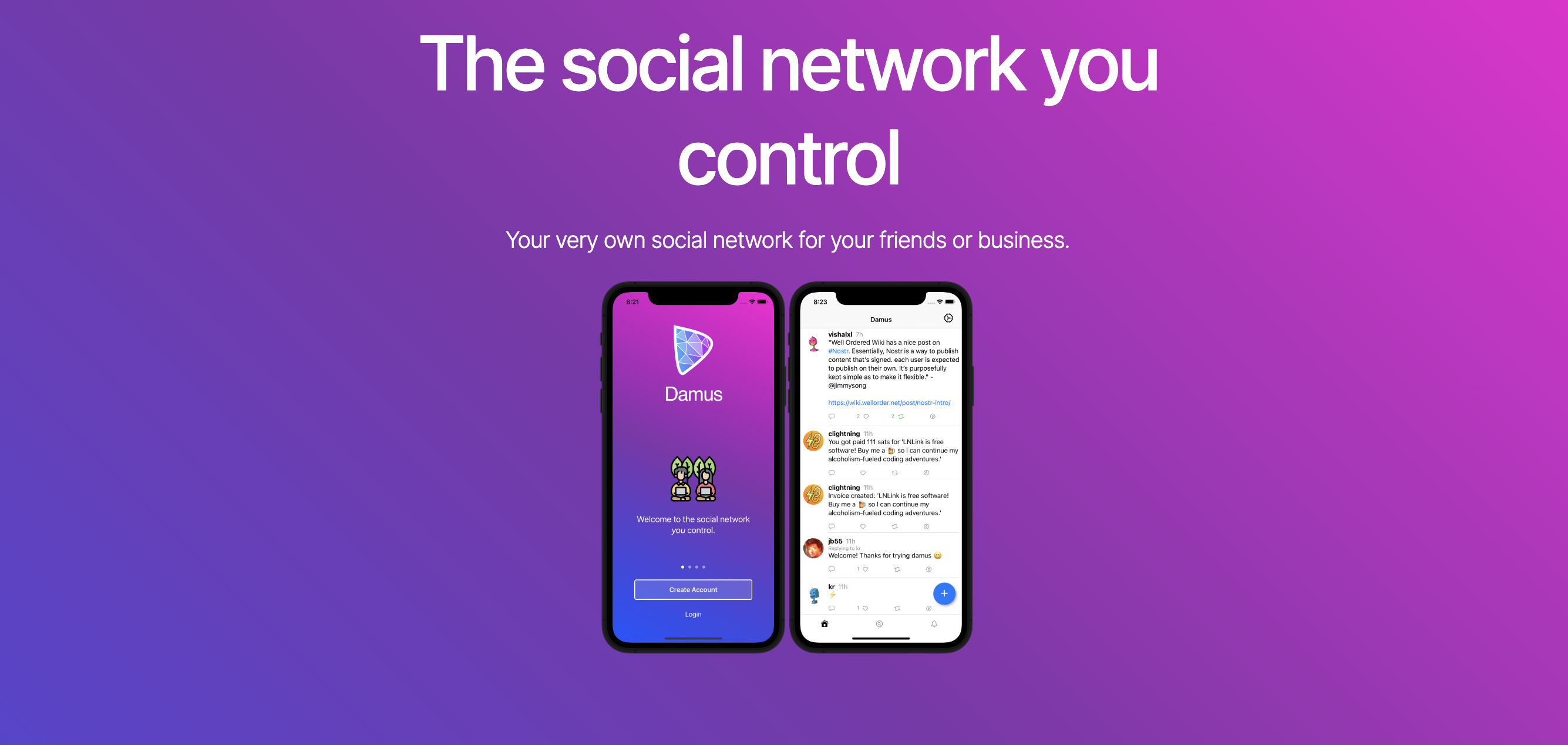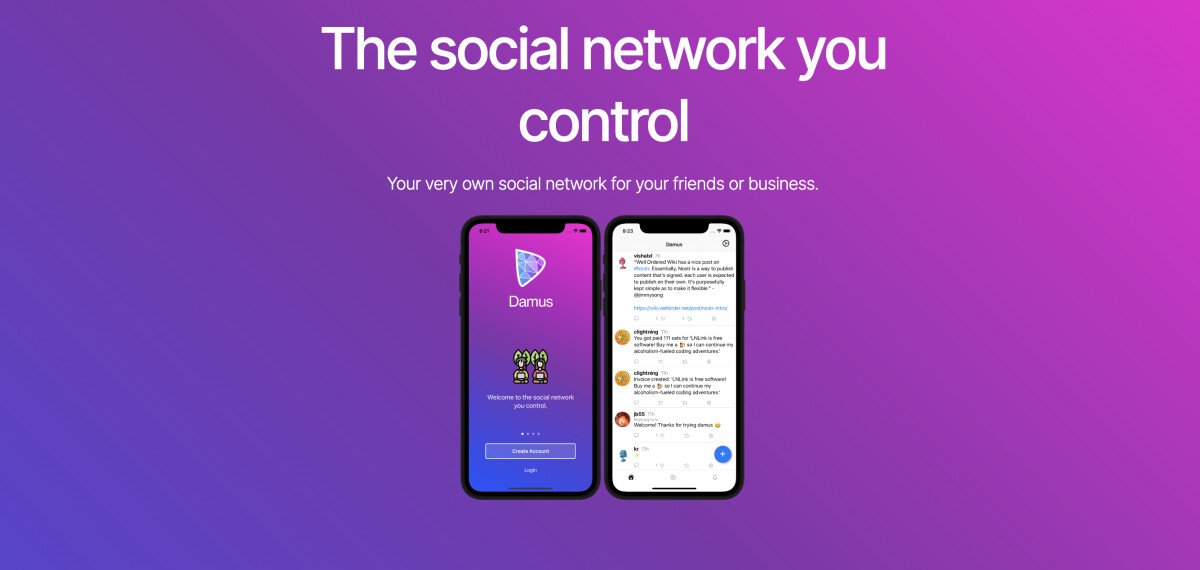Billionaire Jack Dorsey Challenges Tim Cook Over Apple Pay’s Lack of Bitcoin Support Amid Damus Controversy

Former Twitter CEO Jack Dorsey has questioned Apple CEO Tim Cook about the lack of Bitcoin (BTC) support on Apple Pay, the firm’s mobile payment service.
This comes after Apple threatened to remove the Bitcoin-friendly social media app Damus from the App Store for violating its terms of service.
“Why doesn’t Apple Pay support bitcoin @tim_cook?” Dorsey said in a Tuesday tweet while referring to a tweet from Damus that showed an App Store reviewer recommending Apple Pay as a potential solution to the app’s violations.
Damus, a decentralized social networking app backed by Dorsey, has been facing removal from the App Store because it allegedly fails to adhere to Apple’s payment rules.
The app has a tipping feature that allows content creators to receive tips in the form of Bitcoin through the Lightning Network.
Apple deems this feature a violation of its guidelines, as it prohibits developers from selling additional in-app content unless the transactions go through Apple, through which the tech giant takes a 30% cut.
Damus Tweaks its Tipping Feature But Still Can’t Avoid a Ban
To avoid being banned, the Damus team decided to modify the app’s tipping feature to comply with Apple’s guidelines. Despite these changes, Damus received notice that it will be removed from the App Store.
“Looks like we are getting removed from the appstore even after updating our app to make it clear that no digital content is getting unlocked when users are tipped,” the team said in a Monday tweet.
“Users are only ever tipped after posts are made, the idea that content is being sold is nonsense. We will be filing an appeal as this guideline is clearly being abused and misapplied.”
Apple has claimed that even after the update, the tipping feature still does not comply with its guidelines. The tech giant said that the issues they had previously outlined were unresolved.
It is worth noting that Damus also encountered challenges with Apple previously due to its decentralized nature.
Apple repeatedly rejected the app, demanding that it adhere to the same rules as other social networks. In February, however, Damus was finally approved and made available on the App Store.
Since its release, Damus has seen approximately 255,000 downloads globally on iOS, according to mobile analytics firm data.ai.
The app promises a social network without a central authority, where users have control over content and participation, unlike platforms like Facebook and Twitter.
Furthermore, it does not require users to provide personal information, such as phone numbers or email addresses, and offers end-to-end encrypted messaging.
There has been a surge in interest in decentralized social media platforms amid recent controversy around social media platforms and their adherence to the values of “freedom of speech.”
Aave’s Lens Protocol, a Web3 social graph that can be used to build decentralized social media, is another such attempt that aims to allow developers to create decentralized applications.



